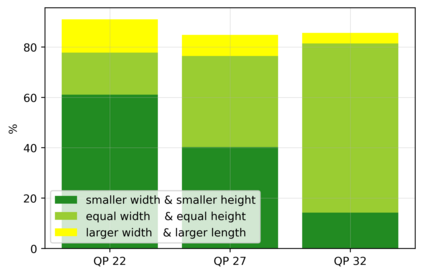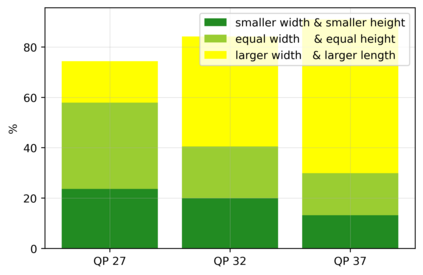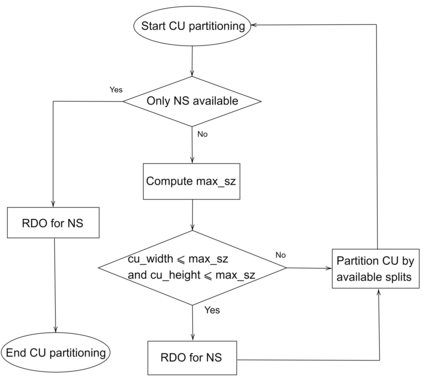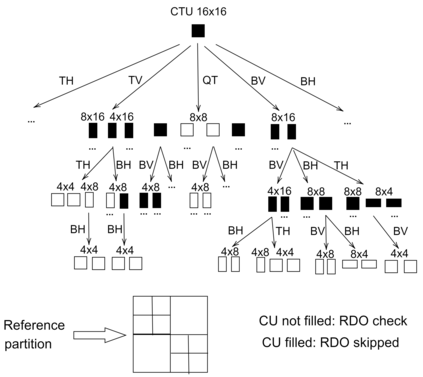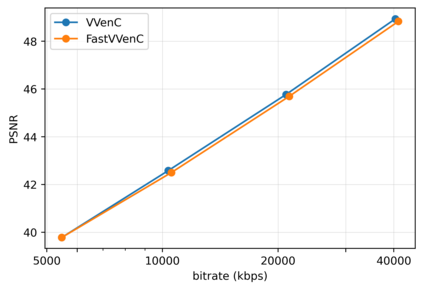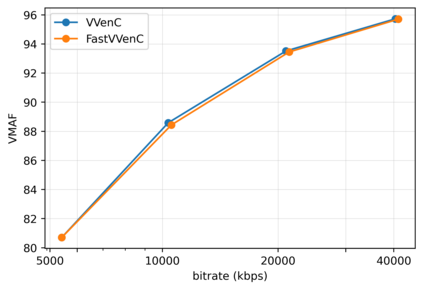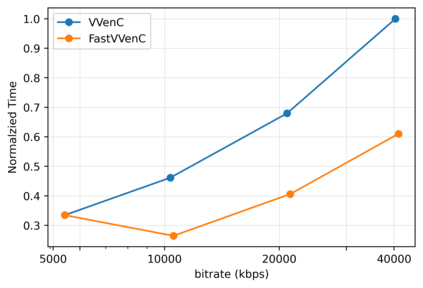The integration of advanced video codecs into the streaming pipeline is growing in response to the increasing demand for high quality video content. However, the significant computational demand for advanced codecs like Versatile Video Coding (VVC) poses challenges for service providers, including longer encoding time and higher encoding cost. This challenge becomes even more pronounced in streaming, as the same content needs to be encoded at multiple bitrates (also known as representations) to accommodate different network conditions. To accelerate the encoding process of multiple representations of the same content in VVC, we employ the encoding map of a single representation, known as the reference representation, and utilize its partitioning structure to accelerate the encoding of the remaining representations, referred to as dependent representations. To ensure compatibility with parallel processing, we designate the lowest bitrate representation as the reference representation. The experimental results indicate a substantial improvement in the encoding time for the dependent representations, achieving an average reduction of 40%, while maintaining a minimal average quality drop of only 0.43 in Video Multi-method Assessment Fusion (VMAF). This improvement is observed when utilizing Versatile Video Encoder (VVenC), an open and optimized VVC encoder implementation.
翻译:暂无翻译


